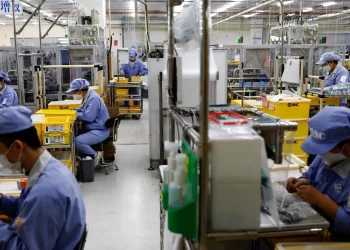The Greater Accra Regional Security Council (REGSEC) has initiated a large-scale demolition of unauthorised structures constructed within waterways. This action follows the recent devastating Accra floods that affected multiple communities in the capital.
Launched on Tuesday, May 27, 2025, the demolition exercise targets illegal buildings situated in ecologically sensitive Ramsar sites, such as areas in Tema, Klagon, and the Sakumo Ramsar site.
These critical wetlands in Greater Accra play a key role in natural drainage and flood prevention, but have suffered from increasing encroachment by developers over the years.
Regional authorities emphasise that this initiative is part of a comprehensive strategy to restore Accra’s natural watercourses and tackle the recurring flooding in Greater Accra that has caused widespread damage.
The Greater Accra Regional Minister, Linda Ocloo, speaking to the media at one of the demolition sites, clarified that property owners had been notified well in advance but failed to act.
Ramsar sites, designated as wetlands of international importance under the Ramsar Convention, are vital ecosystems that support biodiversity, protect coastlines, and sustain livelihoods.
Ghana, with its rich ecological diversity, is home to six Ramsar sites, including the Sakumono, Keta Lagoon, and Densu Delta wetlands.
However, in recent years, the encroachment and illegal construction on these protected lands have prompted government-led demolition exercises—a controversial move that has stirred both praise and criticism.












